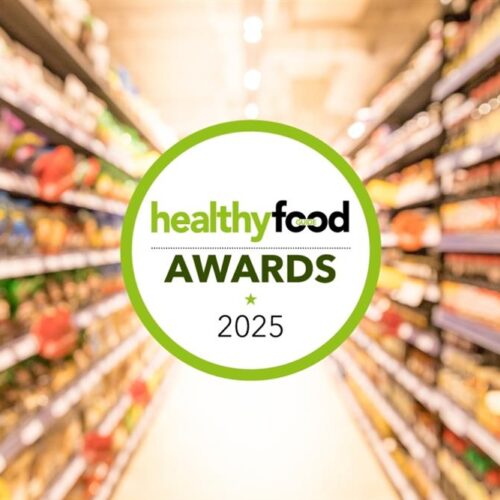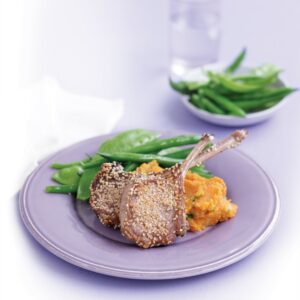
Following a ‘sugar-free diet’ remains one of the most popular modified eating patterns, according to new research, despite a lack of high-quality evidence of its health benefits.
A ‘sugar-free’ diet was followed by 15 per cent of around 3000 respondents to a New Zealand survey by nonprofit private healthcare provider and insurer Southern Cross, surprisingly more than those who subscribe to other popular diets such as keto (four per cent), intermittent fasting (11 per cent), vegetarian (seven per cent) or vegan (10 per cent).
A further 26 per cent of respondents said they were considering quitting sugar.
The main reasons respondents cited for considering changing their diet were health and nutrition (66 per cent) and weight management (61 per cent).
Recommended sugar limits
While health bodies, such as the World Health Organization, recommend reducing the amount of added sugars we consume by aiming for no more than six teaspoons per day for adults, there is a lack of good evidence quitting sugar altogether, with no other dietary adjustments, produces health benefits, according to 2016 research review of sugar consumption and chronic disease.
“Singling out added sugars as unique culprits for metabolically based diseases such as obesity, diabetes and cardiovascular disease appears inconsistent with modern, high-quality evidence and is very unlikely to yield health benefits,” the review in the journal Nutrients says.
However, a diet that is high in sugar may raise blood triglycerides which can be an independent risk factor for heart disease.
Reducing sugar intake naturally
At Healthy Food Guide we recognise aiming to cut sugar from your diet can result in an increased awareness of what’s in the products we consume.
This can help us make healthier choices and, perhaps, reduce the amount of ultra-processed foods we consume, which can also cut down on saturated fat and salt.
But completely cutting a single food or food group out is very restrictive, making it hard to keep up and difficult when it comes to social eating situations.
Another hurdle is recognising what free sugars (which are the real concern) really are.
There are plenty of products claiming to be ‘refined-sugar free’ but still containing free sugars by another name such as maple, date or rice syrups, honey or coconut sugar.
Other traps some people fall into when trying to cut sugar completely is avoiding healthy foods such as dairy or fruit which contain natural sugars but are also important sources of essential nutrients.
If you do want to reduce the amount of free sugars in your diet, start with limiting high-sugar processed foods such as fizzy drinks, biscuits and sweets, rather than intrinsic-sugar-containing foods such as fruit and vegetables. And remember, natural sugars in milk and other unsweetened dairy products don’t count as free sugars.
There’s no need to completely restrict sugar in your diet. You’ll still get health benefits from moderating your sugar intake by keeping below the daily sugar limit of around six teaspoons, while being able to enjoy the occasional treat.
If you eat a mostly plant-based, whole food diet, focussing on vegetables, nuts, fruit and whole grains, with moderate amounts of dairy and healthy fats, and small amounts of fish and meat, it’s easy to keep to your daily sugar limit, without giving it too much thought.
Lower-sugar recipes
If you’re a person who enjoys baking and desserts Healthy Food Guide recipes have been adjusted to reduce the amount of free sugars, compared with traditional recipes.
Just make sure you stick to the recommended serving sizes.
Article sources and references
- Southern Cross Healthy Futures Report 2020. Accessed 6 August 2020https://www.southerncross.co.nz/group/-/media/landing-pages/healthy-futures/SouthernCrossHealthyFuturesReport.pdf
- James M. Rippe. Relationship between Added Sugars Consumption and Chronic Disease Risk Factors: Current Understanding. Nutrients. 2016 Nov; 8(11): 697. Published online 2016 Nov 4. doi: 10.3390/nu8110697https://www.ncbi.nlm.nih.gov/pmc/articles/PMC5133084/
- Reiser S. Effect of dietary sugars on metabolic risk factors associated with heart disease. Nutrition and Health, 01 Jan 1985, 3(4):203-216 PMID: 3906452https://europepmc.org/article/med/3906452
www.healthyfood.com











